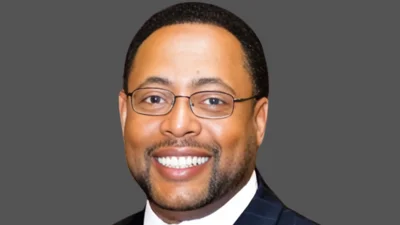“The law gives you two options for returning mail ballots,” Heuer told The Sconi. “You can send it back through the mail or drop it directly with the clerk." | Adobe Stock
“The law gives you two options for returning mail ballots,” Heuer told The Sconi. “You can send it back through the mail or drop it directly with the clerk." | Adobe Stock
State residents affiliated with the Wisconsin Voter Alliance (WVA) have filed lawsuits in county courts against five Democratically run cities, arguing that the deployment of ballot drop boxes during the 2020 general election was in direct violation of state law.
Ron Heuer, president of WVA, characterized the legal strategy as a “rifle shot” approach.
“The law gives you two options for returning mail ballots,” Heuer told The Sconi. “You can send it back through the mail or drop it directly with the clerk. It makes no mention of drop boxes. I don’t see how a judge walks away from this argument.”
The cities are Milwaukee, Madison, Racine, Kenosha and Green Bay, and the residents are being represented by Thomas More Society Special Counsel Erick Kaardal.
Previous legal action initiated by the WVA came before the Wisconsin Elections Commission (WEC) and county courts and focused on the acceptance by election officials of money Facebook founder Mark Zuckerberg funneled through nonprofits. Their argument, in part, was that the “Zuck Bucks” violated the state’s Election Bribery statute. WEC rejected the group’s complaints in December. Last week, Dane County Circuit Judge Stephen Ehlke said that arguments that the Zuckerberg money amounted to election bribery were “ridiculous.” A final ruling there is expected in mid-June. The cases in the other county courts await hearings.
Heuer said that a legal victory on drop boxes in the latest filings will allow them to target the legality of Zuck Bucks since the money funded the drop boxes.
Leading up to the 2020 elections, the five cities made a deal with the nonprofit Center for Tech and Civic Life (CTCL), flush with nearly $400 million in Zuck Bucks, under what was known as the “Wisconsin Safe Voting Plan.”
“This so-called ‘Wisconsin Safe Voting Plan,’ involved $8.8 million of private grants to these five cities, to target specific populations to vote,” Erick Kaardal said in a statement. “It had little, if anything at all to do with keeping voters safe from COVID-19, as it purported to do.”
In the drop box cases, the WVA does have some legal precedent on its side.
In January, Waukesha Circuit Court Judge Michael Bohren ruled that the use of drop boxes did violate state law. On appeal, the stsate Supreme Court ruled in February that drop boxes could not be used in April’s spring elections. A final ruling by the high court is expected in June.






 Alerts Sign-up
Alerts Sign-up